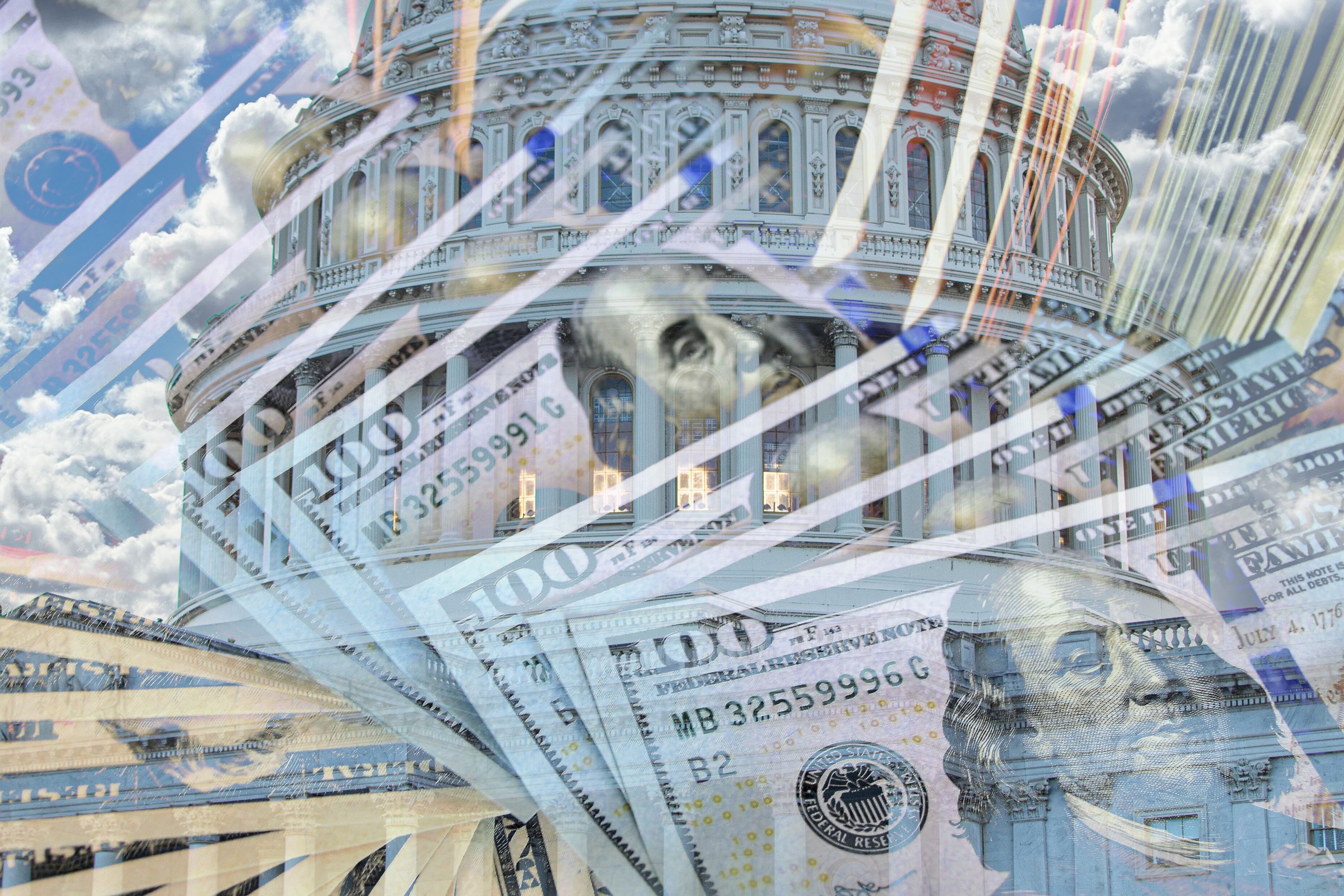The Trump administration may have paused many of the double-digit tariffs it threatened to impose globally, but the US president’s track record of repeatedly – and quickly – changing his mind has left grocery shoppers, retailers and food and beverage manufacturers with spending “paralysis” that is hamstringing industry and dampening sales, industry insiders say.
This week, President Donald Trump said he would pause previously announced higher “reciprocal” tariffs for dozens of countries in favor of a lower rate of 10% for almost all nations – notably excluding China, for which he further raised the import duty.
The dramatic about-face triggered what some economists are calling a once-in-a-lifetime relief rally among major stock indexes, which plummeted when Trump first announced his “liberation day” levies.
But the “relief rally” is not universal – many shoppers, retailers and manufacturers remain uncertain about future pricing and hesitant to spend for fear the higher tariffs could still go into effect and cause prices to skyrocket.
“While we have a 90-day reprieve, we don’t know what the ninety-first day will look like,” and with that uncertainty manufacturers are unwilling to invest significant long-term capital and instead are limiting investments to short-term operations, said Gaurav Pant, chief insights officer at the digital insights firm Incisiv.
The “whiplash” from Trump’s back-and-forth on tariffs “makes it really challenging to run a business,” agreed Doug Baker, VP of industry relations at FMI – The Food Industry Association.
“From our members’ perspective, it has a tendency to actually cause some paralysis. So many are afraid to make some decision because they are not exactly sure what tomorrow is going to bring,” he added.
He explained that many FMI members report putting off important investments because they do not know if they are going to need to move CapEx elsewhere to run their immediate business.
Likewise, companies are unsure if prices will change between when they order and receive goods, he said.
For example, the tariff hike Trump ordered for China means any product currently “on the water” is now impacted by that increase, he said.
“How do you make those investments in buying goods or materials, that might help you over the long term, when you don’t even know in the process of it being transported if you are going to get it at the cost? So, it really does paralyze a lot of the businesses to do the things that they have been used to doing,” he explained.
Consumer spending and sentiment remain low
Historically in situations where companies cannot control input costs, many have focused on finding savings or growing their topline – but in the current economy these options also are limited, Baker said.
He explained that many companies have already implemented significant cost savings strategies as they navigated supply chain and other challenges triggered by the pandemic and subsequent inflation and so may not have many more strategies to increase savings.
Likewise, he said, companies’ optimism that they could soon drive top line growth is also diminishing as consumers once again are pulling back on spending – just when some were feeling more comfortable with prices and their budgets.
Pant agreed, noting, “On the shopper side, we continue to see a lot of stagnation and actually depreciation from a customer sentiment perspective and from a spending perspective. We have seen basket sizes reduce,” and spending because consumers are afraid of future price increases.
Tariffs could push shoppers to buy ‘made in the USA’
According to data from Nielsen IQ, 72.7% of consumers say they believe that tariffs will impact the cost of grocery they buy.
In response, NIQ found a third of consumers said they would prioritize US-made products to avoid tariff-driven prices increases and about half said they might prioritize US-made products to avoid tariffs.
Any shift in purchases would be balanced against quality, especially for Asian and Hispanic consumers for whom “quality is crucial,” NIQ adds.
Small businesses request ‘automatic exceptions to tariffs’
Worried about the potential negative impact of tariffs on the CPG industry, and small businesses in particular, a collective of women founders and leaders in the segment asked the president and Office of US Trade Representatives to carve out tariff exemptions for small businesses.
In an open letter sent April 10 to the president and policymakers, 39 women leaders in the consumer goods space who collectively represent nearly $1 billion in annual revenue and who employ thousands of workers, asked for automatic exemptions to tariffs or a “permanent fast-track exclusion process for companies below a defined revenue or employee threshold” on the basis that they have “limited capacity to absorb cost increases or navigate complex and sudden supply chain changes.”
They also requested “tariff impact assessments that specifically account for effects on small businesses prior to implementation, ensuring that trade actions are equitable to organizations of all sizes and will not cause undue economic burden.”
Finally, they seek support for a domestic supply chain transition in the form of grants, tax incentives or technical assistance to help small businesses shift production domestically.
They warn that “when small businesses suffer, the US economy suffers.”

